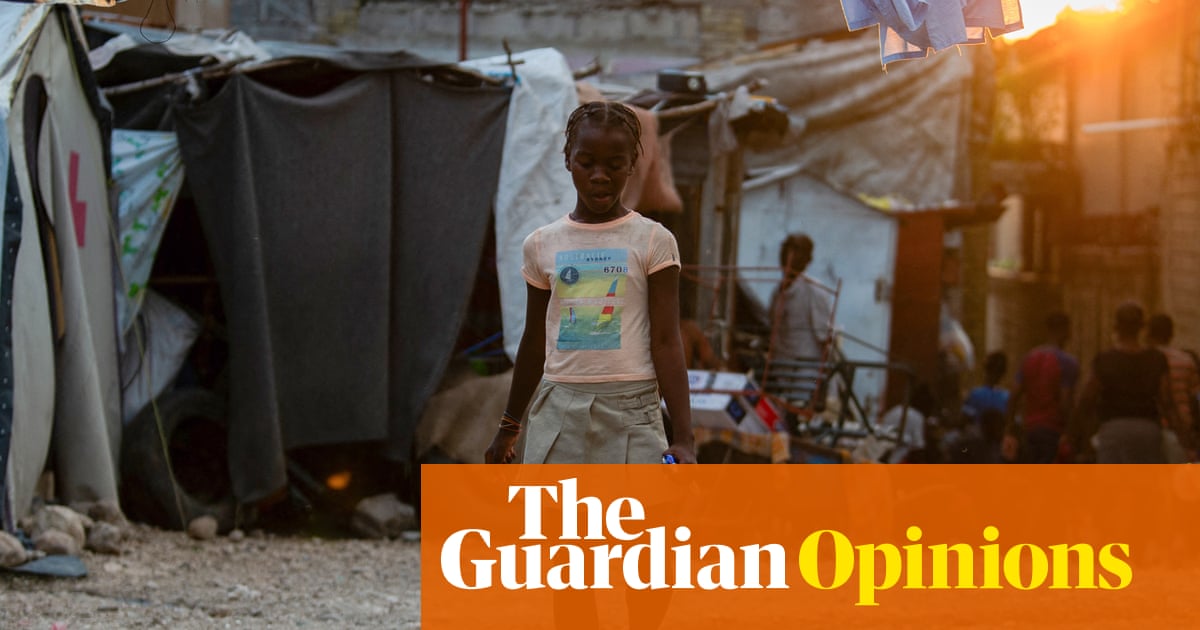The latest travel ban from the Trump administration hasn’t made much sense on the surface. Countries like Afghanistan, Myanmar, and Sudan are all on the list. They share little in common, yet they were deemed security threats due to factors like terrorist presence and visa overstays.
Interestingly, recent data highlights significant numbers of overstays, but doesn’t include countries like Mexico, which has a much larger population. This raises questions about the criteria used for the ban.
Looking deeper, these countries are mostly in the Global South, often characterized by high poverty, conflict, and a racialized identity. For example, Yemen, Sudan, and Somalia are facing dire food crises according to the World Food Program. These challenges do not stem from an inherent issue within these populations. Instead, they are tied to a legacy of imperialism and exploitation.
Haiti’s struggles are a case in point. After gaining independence, it faced extortion from France and an occupation by the U.S. These historic injustices help explain the mass migration from regions like Afghanistan, where decades of U.S. involvement have contributed to ongoing instability.
Sanctions imposed by the U.S., rather than pushing for regime change, have often led to economic ruin in places like Venezuela and Cuba. In poorer nations, resources are taken rather than shared. The United Nations has reported that around $86 billion leaks out of Africa each year through corruption and tax evasion. This systemic exploitation only perpetuates the cycle of poverty and conflict.
Moreover, climate change, largely driven by wealthier nations, is disproportionately impacting these countries. Climate activists estimate that rich nations owe about $5 trillion annually to the Global South for the damage caused.
When considering the travel ban, it becomes clear that it’s not the citizens of these nations who threaten U.S. security. Instead, it reflects a broader pattern of neglect and exploitation. The response should not be to isolate these countries further but to acknowledge their struggles and aim for reparative justice.
From social media reactions to user comments, there are strong sentiments about how such policies reflect deep-seated biases. People fleeing from violence and poverty seek safety, not because of their nationality or race, but due to circumstances often created or exacerbated by foreign policies.
Changing the narrative around these individuals matters. By highlighting their humanity and the historical contexts that have contributed to their struggles, we can foster a more compassionate and informed discourse around immigration and national security.
Source link




















